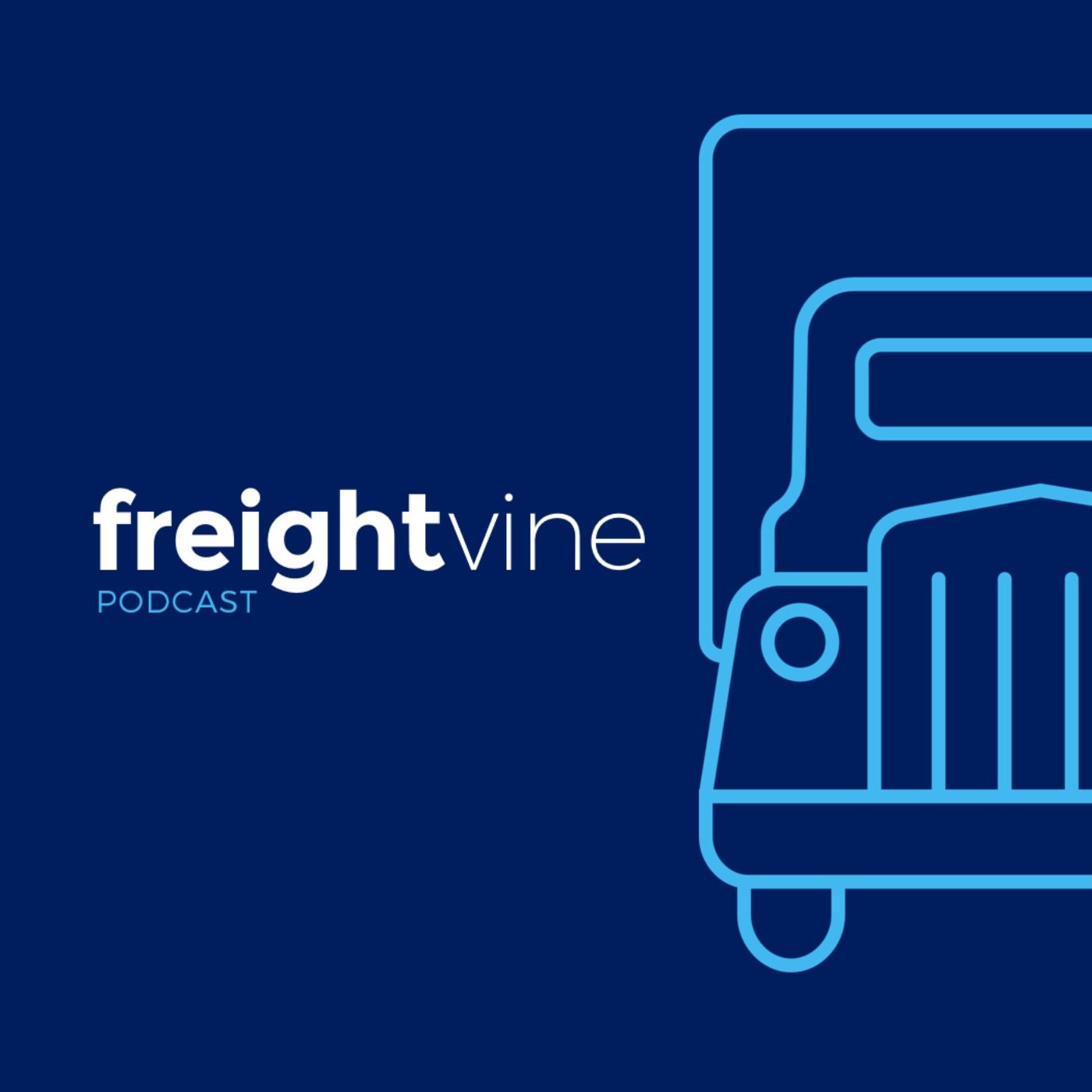- After-Shows
- Alternative
- Animals
- Animation
- Arts
- Astronomy
- Automotive
- Aviation
- Baseball
- Basketball
- Beauty
- Books
- Buddhism
- Business
- Careers
- Chemistry
- Christianity
- Climate
- Comedy
- Commentary
- Courses
- Crafts
- Cricket
- Cryptocurrency
- Culture
- Daily
- Design
- Documentary
- Drama
- Earth
- Education
- Entertainment
- Entrepreneurship
- Family
- Fantasy
- Fashion
- Fiction
- Film
- Fitness
- Food
- Football
- Games
- Garden
- Golf
- Government
- Health
- Hinduism
- History
- Hobbies
- Hockey
- Home
- How-To
- Improv
- Interviews
- Investing
- Islam
- Journals
- Judaism
- Kids
- Language
- Learning
- Leisure
- Life
- Management
- Manga
- Marketing
- Mathematics
- Medicine
- Mental
- Music
- Natural
- Nature
- News
- Non-Profit
- Nutrition
- Parenting
- Performing
- Personal
- Pets
- Philosophy
- Physics
- Places
- Politics
- Relationships
- Religion
- Reviews
- Role-Playing
- Rugby
- Running
- Science
- Self-Improvement
- Sexuality
- Soccer
- Social
- Society
- Spirituality
- Sports
- Stand-Up
- Stories
- Swimming
- TV
- Tabletop
- Technology
- Tennis
- Travel
- True Crime
- Episode-Games
- Visual
- Volleyball
- Weather
- Wilderness
- Wrestling
- Other
Jennifer Carpenter | The American Waterways Operators
This week’s guest is Jennifer Carpenter, President & CEO of The American Waterways Operators or AWO. Most shippers are not as familiar with the US Domestic Tugboat, Towboat, and Barge Industry. This episode should shed some light on this often-overlooked segment of the freight transportation industry. With more than thirty years in the industry, Jennifer has great insights into where it has come from, where it is going, and how it contributes to the national economy. In our conversation we discuss the size and scope of the domestic waterways industry, how it fits into various supply chains, and the importance of the Jones Act. A sometimes contentious regulation, the Jones Act essentially restricts all domestic water routes, that is from one U.S. port to another, is restricted to U.S.-built, -crewed, and -flagged vessels. Cabotage rules like this exist for most other transport modes and are common in most other countries, but it is still a point of contention as it does, by design, restrict competition.

